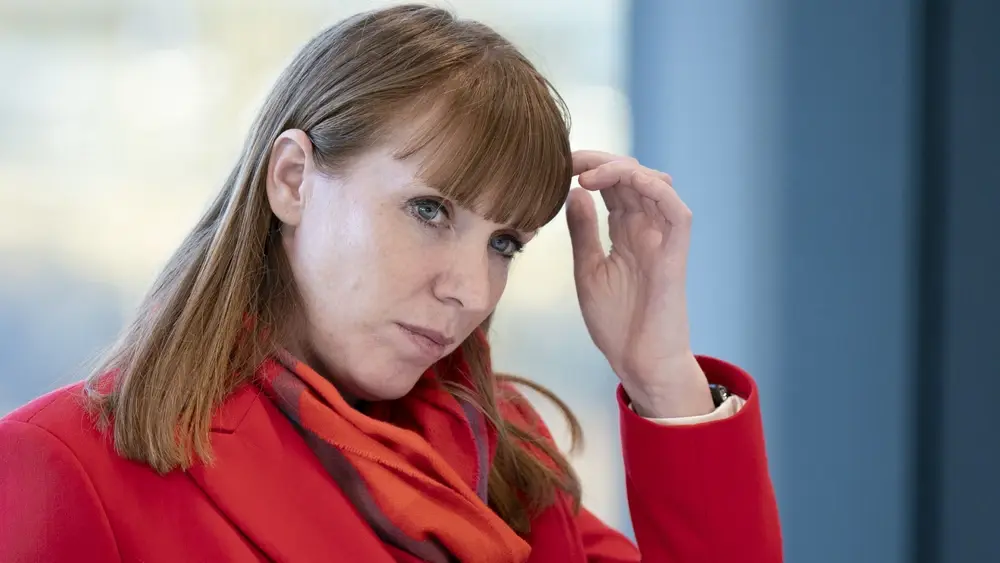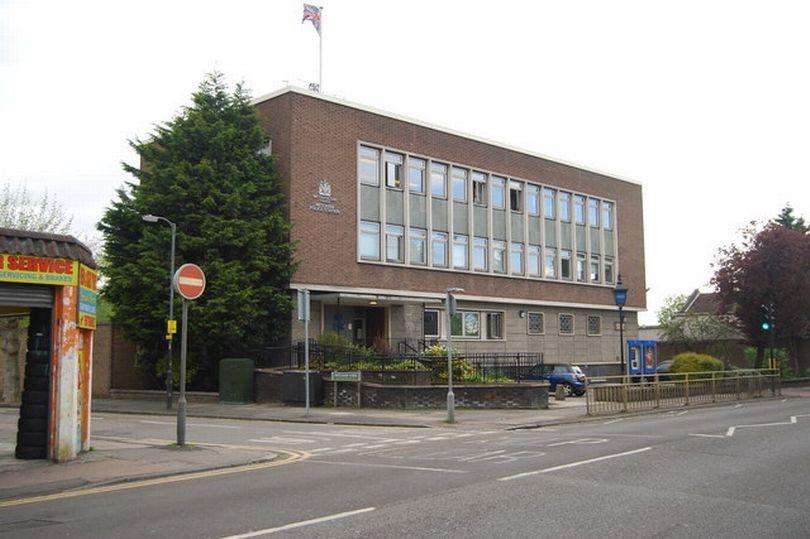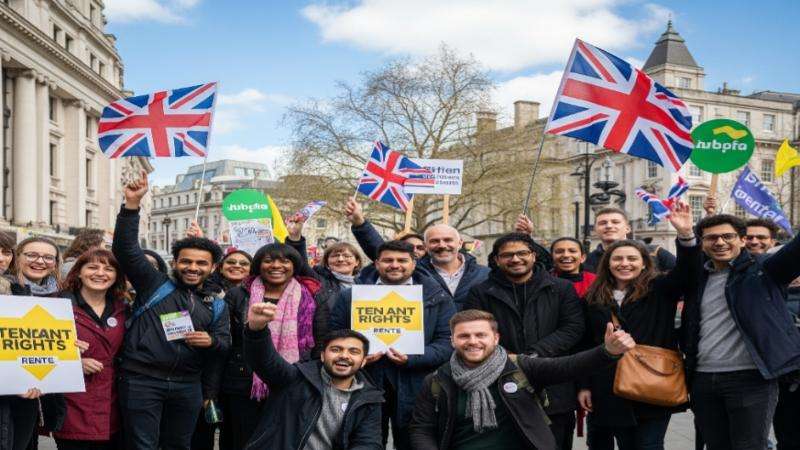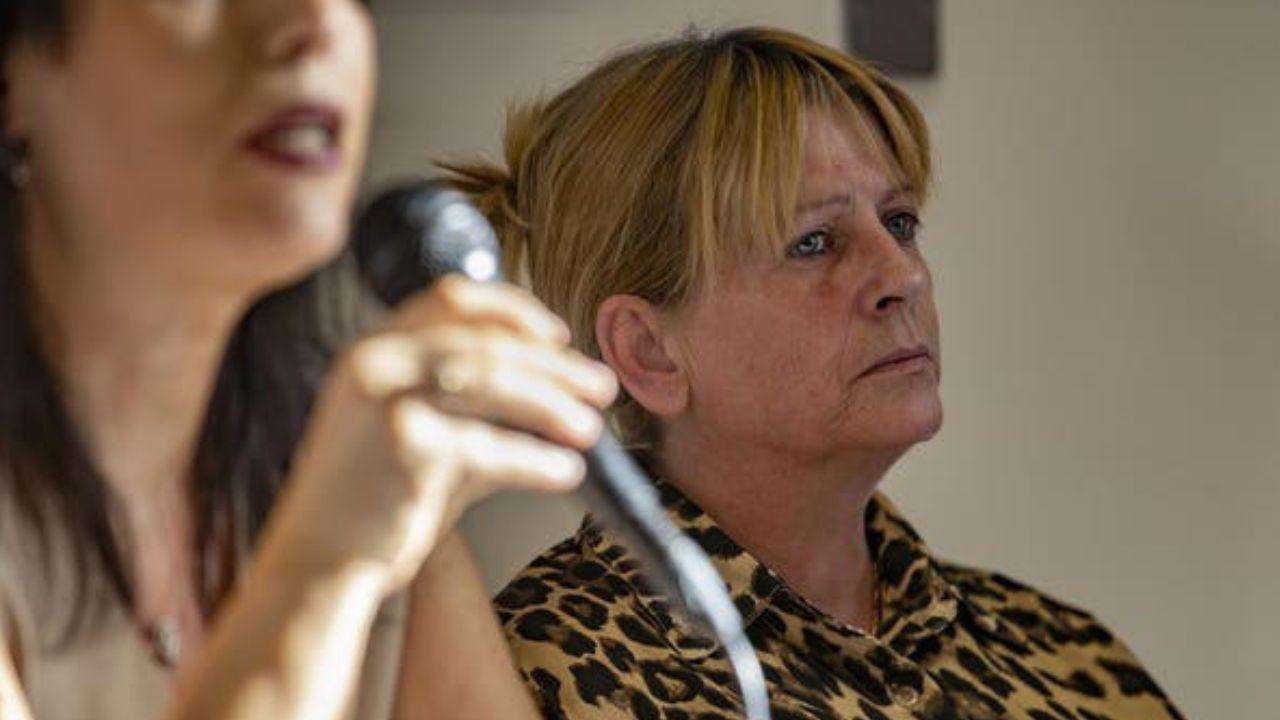The Bangladeshi community in Britain lacks exemplary leaders at all levels. In the absence of an idol leader, British Bangladeshis are less active in politics than the new generation.This is one of the reasons why British Bangladeshis are less active in mainstream politics than the Indian or Pakistani community.
For the first time in Britain's cabinet, two British MPs of Bangladeshi origin, Rushanara Ali and Tulip Siddique, were appointed to Sir Keir Starmer's cabinet.Neither of them are new MPs. Both are experienced MPs with four consecutive terms and three terms. Both of them are full-time politicians. But within a few days of becoming ministers, they are getting controversies because of their activities.
Frustration grew among their supporters and the entire Bangladeshi community. If these two worked without controversy, the face of the Bangladeshi community in Britain would be bright. But in the media, they are making headlines as sources of negative news.Which was never wanted in the community.The hope of the community is to hold the hands of the current generation of MPs and ministers so that the new generation moves forward in mainstream politics.
Tulip was the headline at July. Tulip Siddiq, Economic Secretary to the Treasury and MP for Hampstead and Highgate, has been under investigation for the late registration of interests, according to the Parliamentary Standards Commissioner’s website.Tulip Siddiq apologises after breaking MP rules by failing to declare income from a London rental property for more than a year.In March the Hampstead and Highgate MP declared she co-owns a flat with her husband which has been rented out since December 2022 for more than £10,000 a year. She had previously already declared income from renting out another London flat.
Rushanara Ali, a minister at the Ministry of Housing, Communities, and Local Government, has resigned from her responsibilities in building safety just last week. The decision follows revelations about her frequent attendance at the Franco-British Colloque, a policy forum co-chaired by Pierre-André de Chalendar, former CEO of Saint-Gobain. Saint-Gobain is the parent company of Celotex, whose insulation was used in Grenfell Tower.
The conferences, held over a span of 12 years, have brought Ali’s impartiality into question, given Celotex’s controversial involvement in the Grenfell incident. Her participation, noted on ten occasions, was seen as problematic by Grenfell United, who represent the families affected by the tragedy. These perceptions are critical given the need for trust between the government and the Grenfell community.
Records from Parliament’s register of interests indicate that Ali received donations amounting to £9,140 for travel and related expenses from the event organizers. This financial support further fuelled concerns regarding objectivity in her role overseeing building safety.
However, even she leaves a portfolio, she will perform her duties as a government minister as usual. She will remain a minister in the housing department, keeping her responsibilities for homelessness and rough sleeping.
Both of them are representatives of the Bangladeshi community at the policy level of British politics. It is the hope of the community that they stay above the controversy.








.svg)



